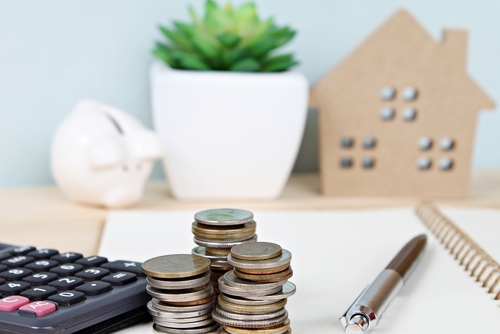First-time Buyer
Chancellor floats idea of Stamp Duty cut for first-time buyers

Speculation is rife that Chancellor Philip Hammond is considering a “big cut” in stamp duty for first-time buyers (FTBs).
A report in the Evening Standard yesterday stated: “It is among ‘bold measures’ being studied by Chancellor Philip Hammond for a Budget that will aim to help people in their twenties and thirties, and restore ‘intergenerational fairness’ to the system.”
It went on to explain: “It means a tax bill of £11,427 for the average first-time buyer in the capital, according to the Land Registry, which recorded the average price paid by new entrants to the London property market as £428,546. Even a starter flat costing £250,000 attracts a Stamp Duty bill of £2,500.”
Stamp Duty is charged on all homes over £125,000. It is charged at 2% on the value between £125,000 and £250,000, rising to a marginal rate of 5% above £250,001, then 10% above £925,001 and 12% after £1.5m.
There was no mention of how big the Stamp Duty reduction would be, nor which house price bands would be affected.
The report named only a “Tory source” but there has been speculation that the news was leaked deliberately by the Treasury to float the idea and test its reception.
When contacted, a spokesperson for the Treasury said: “We don’t comment on Budget speculation.”
Reaction to the speculation
If the idea was to test the market before deciding whether to go ahead, the immediate response on social media wasn’t that positive.
Lucien Cook, Savills director of residential research, tweeted: “Given the average deposit for a FTB in London is over £99,000, a Stamp Duty break will be welcome but no game changer.”
Richard Donnell, insight director at Hometrack, said: “Any move by the government to reduce the impact of Stamp Duty on housing market activity and potentially offer savings amounting to several thousand pounds for first-time buyers is welcome. However, Stamp Duty is just one consideration impacting the ability of first-time buyers to access the housing market.
“Mortgage affordability testing remains a major hurdle for renters looking to transition into home ownership as well as the tax. This measure is likely to provide modest support for first-time buyer demand but with limited impact on house prices.”
Stamp Duty is charged on all homes over £125,000. It is charged at 2% on the value between £125,000 and £250,000, rising to a marginal rate of 5% above £250,001, then 10% above £925,001 and 12% after £1.5m.
Simon Heawood, CEO and founder of Bricklane.com, added: “It is welcome news the Chancellor is considering helping first-time buyers who are almost priced out of home ownership, particularly in London where average first homes now cost £428,526. Lowering stamp duty for new entrants would be positive but, even if it were removed entirely, it would not address the deep underlying issues that mean the average first home deposit required in London is now above £100,000.
“We need structural improvements to increase supply of the right types of homes alongside alternative ways of investing in the property market so that those who cannot yet afford to buy do not miss out.”